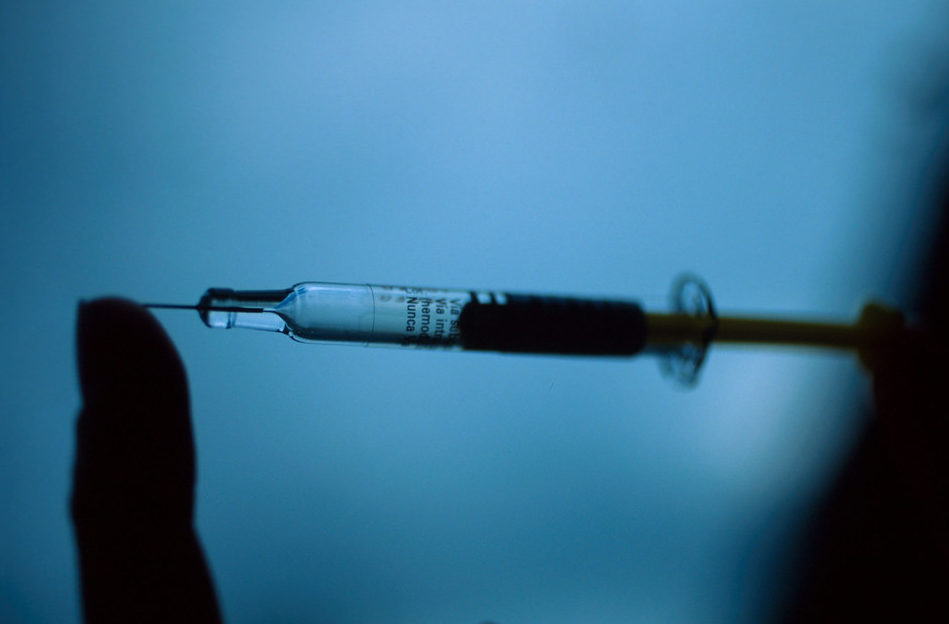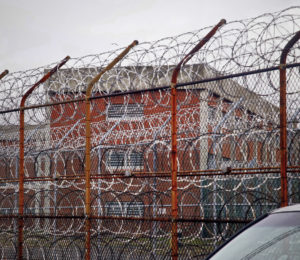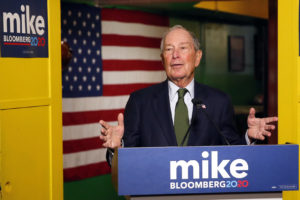Cities Consider a Bold Approach to Counter Opioid Crisis
Philadelphia is the latest to move forward with plans for what would be the first supervised injection site in the U.S., but hurdles remain. Terry Dye / CC BY-NC-ND 2.0
Terry Dye / CC BY-NC-ND 2.0
Several U.S. cities are responding to the ever-growing threat of the opioid crisis by establishing the nation’s first supervised injection site, with Philadelphia moving the closest yet. The controversial sites have found success in Europe, Australia and Canada but do not have the support of most Americans and are vocally opposed by the Trump administration.
At supervised injection sites (also known as safe injection sites, safe consumption sites and safe injection facilities), drug users can take pre-obtained illegal substances under medical and trained staff supervision at legally sanctioned facilities. While staff do not handle or assist with the consumption of illicit drugs, they may “provide sterile injection supplies, answer questions on safe injection practices, administer first aid if needed, and monitor for overdose” according to the Drug Policy Alliance.
In Philadelphia, the nonprofit Safehouse recently announced lease negotiations to open a supervised injection site in the neighborhood at the heart of the city’s opioid crisis. Philadelphia has the highest opioid death rate of any large U.S. city, with more than 1,000 deaths per year, Philly.com reports. Philadelphia’s mayor and district attorney and a former Pennsylvania governor all support such a facility, but U.S. Attorney William McSwain has filed a lawsuit to block the site.
As immoral as the idea sounds to most Americans, one fact has driven policymakers to advocate on behalf of the sites: They appear to work. A review of more than 75 studies reported by ScienceDirect found the sites met their harm-reduction goals and were not found to increase drug use or crime.
Beyond these findings, the sites were associated with a reduction in syringe litter, drug paraphernalia debris and public injections. A 2018 study found that a site in Vancouver, Canada, would present a cost savings of $14 million over 10 years, in addition to saving 920 years of life.
The Trump administration is firmly against supervised injection sites—a stance that is unsurprising, given its hard-line approach to drug use. In August, U.S. Deputy Attorney General Rod Rosenstein publicly warned that facilities designated for consumption of illicit drugs are in violation of federal law. He said of Philadelphia’s plans in particular:
[I]f the situation arose where we determine that somebody was in violation of the law, we’d have to evaluate the facts and make a determination about what’s the appropriate approach to take.
Even in the face of such threats, elected officials in New York, Seattle and San Francisco have set policy goals to implement supervised injection sites. While the act of consuming drugs would remain illegal, cities have the capacity to direct law enforcement to not prosecute designated facilities. But as passionate as some officials are about providing supervised injection sites for their communities, they face major hurdles to policy implementation.
New York City Mayor Bill de Blasio has announced a plan to open four pilot supervised injection sites, and one is under construction in Ithaca, N.Y. The plan currently faces backlash, with Binghamton-area state Sen. Fred Akshar recently introducing a bill to ban such sites.
San Francisco took major steps in February with a vote allowing the city’s Department of Health to move forward with such a facility. Famously liberal San Francisco may be uniquely positioned—two polls of the city’s registered voters show overwhelming support for the sites; the most recent found 67 percent in favor (45 percent strongly and 22 percent somewhat). However, a bill to allow supervised injection sites in the city was recently vetoed by then-Gov. Jerry Brown.
Seattle may also be on its way to safe injection site implementation, as state and city officials approved two facilities in 2017, but no date is available for when these facilities would open. Washington’s King County approved $2.1 million to fund a facility, but progress was halted when an anti-injection site initiative attempted to ban the site. The initiative was later rejected by the Washington State Supreme Court, but the threat of a federal lawsuit looms over the plan.
Your support matters…
Independent journalism is under threat and overshadowed by heavily funded mainstream media.
You can help level the playing field. Become a member.
Your tax-deductible contribution keeps us digging beneath the headlines to give you thought-provoking, investigative reporting and analysis that unearths what's really happening- without compromise.
Give today to support our courageous, independent journalists.






You need to be a supporter to comment.
There are currently no responses to this article.
Be the first to respond.